Media and democracy: It's not journalism, it's just business now, claim journalists
CPNE secy-general says that a company that publishes newspapers should not own a TV channel.
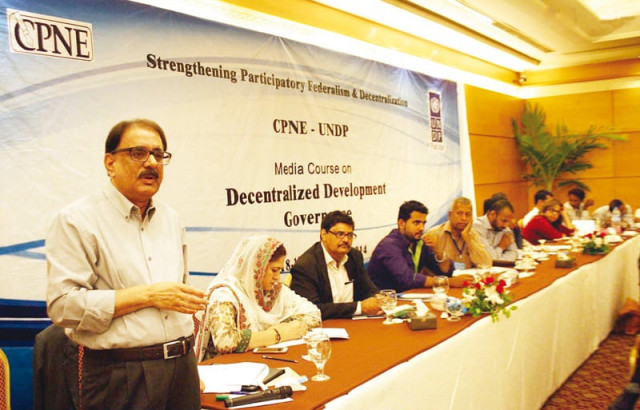
On the second day of a media training course held at Pearl Continental Hotel, organised by the Council of Pakistan Newspaper Editors and the United Nations Development Program (UNDP), Arif was trying to explain that the common man still believed in journalism and that is why they went to protest at the press club, not Governor House.

At the session titled 'Media Democracy: issues and options', Arif was talking about the drought in Thar. He said that the media was marketing a tragedy. "Undoubtedly, Thar is a tragic issue that needs to be raised," he said. "What we need to do is to revisit the way it has been presented in the media."
Arif did not have a very positive take on the relationship between the media and politics. "For a decade, the Pakistani media wrote against politics and politicians," he said. "They were the reason two democratic governments were toppled between 1989 and 1999."
Arif raised a serious concern saying that while the media talked about democracy all the time, how much input did the publisher take from the reporters and sub-editors before drafting the organisation's policies. He claimed that it was impossible for the media to be free in Pakistan if the organisation's owners and their family had the right to set policies.
"In Pakistan, the media is not free. It is private," claimed Arif. "For example, you cannot do an investigative story against some telecommunication companies."
Right to information
Thanks to the 'cable mafia', our right to information has been taken away from us, said Council of Pakistan Newspaper Editors (CPNE) secretary-general Jabbar Khattak on Tuesday.
"In Pakistan, some are rulers and the rest are slaves," said Khattak. He was of the view that due to the cable mafia, the content that is aired is not dependent on audience's demand but on the preferences of the owners of the cable networks.
Moreover, he criticised how media houses are established with cross media ownership. He believed that a company that publishes newspapers should not own a TV channel. "Authenticity suffers due to cross ownership."
Media: powers and challenges
Talking about the power of media, UNDP resource person Shiraz Paracha said journalists have the power to challenge, criticise and confront anything unlike any other institution in Pakistan. He spoke about the responsibilities of reporting. "Journalists have the responsibility to write the first draft of history," he said.
Speaking of what journalists are supposed to avoid, he said that while reporting facts and figures correctly and accurately, they must avoid exaggeration, laziness and distortion in their work.
"The major challenge that we face today is the shift from digital (electronic) media to online journalism and from newspapers to e-papers," he said.
Published in The Express Tribune, November 19th, 2014.

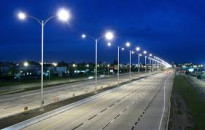
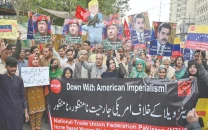
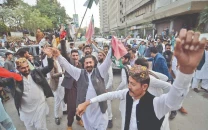


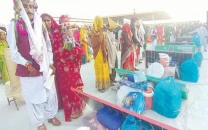












COMMENTS
Comments are moderated and generally will be posted if they are on-topic and not abusive.
For more information, please see our Comments FAQ